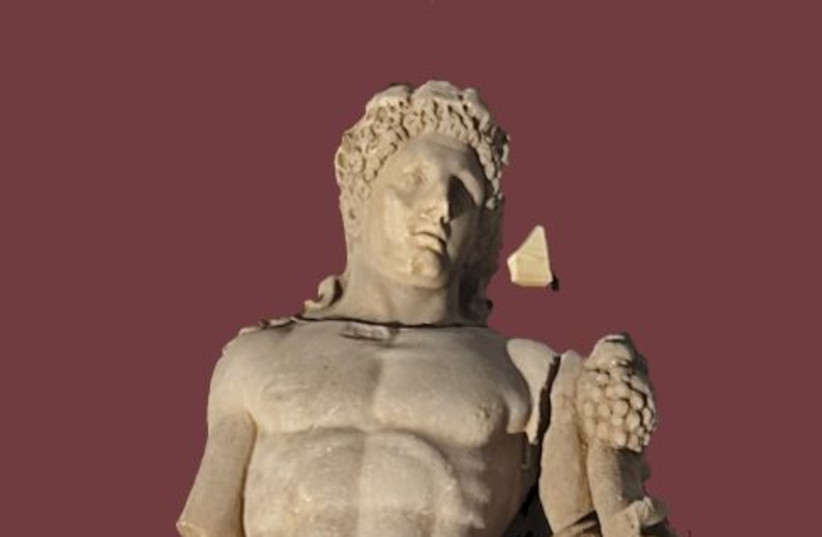A Roman statue of the Greek mythological hero Hercules was unearthed in northern Greece, according to a report from Heritage Daily.
The discovery occurred in the ancient city of Philippi, which was located north of the present-day city of Kavala. The statue itself was found during excavations conducted by researchers from the Aristotle University of Thessaloniki.
Heracles, the son of Zeus, is most commonly known by his Roman name, Hercules, the son of Jupiter. In mythology he was known for his immense physical strength and was considered to be a champion for the weak.
The city of Philippi was named when King Philip II of Macedon, the father of Alexander the Great, conquered the region in 356 BC. The city was also part of the Byzantine Empire but was likely abandoned after the Ottoman conquest.
What was the statue used for?
Researchers believe that the statue was adorned in a building dating to the late Byzantine period in the 8th or 9th century AD, as Roman statues have often been used to adorn buildings until the late Byzantine period, according to the Greek Culture Ministry.

The statue is said to be from the second century AD, placing it to be nearly 2,000 years old.
Larger than life size, the statue depicts Hercules barren with a youthful body, the ministry said in a press release. The club was found in fragments, and a lion was hanging from the statue's outstretched left hand attesting to the identity of Hercules. On the earl's crest he wears a wreath of vine leaves which is held at the back by a band which ends at the shoulders.
